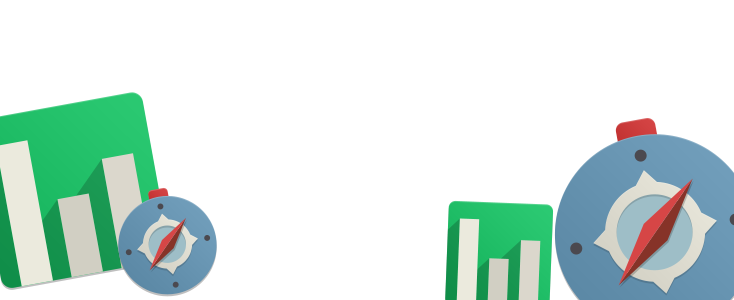Looking for how to make your Joomla website SEO friendly? You are in the right place.
Joomla does pretty well out of the box but there are several elements that can be improved. Often times site owners want to add many unneeded features
Standard SEO Best Practices
- Keep the number of images to a minimum
- Give your images a descriptive names
- do not place any content or text in images (remember the search engines can not read the images)
- each page should have 250 to 700 words of content
- keep the user experience as a top priority
- Use H1, H2, H3 tags
Meta Data
Meta (or Page) Title
This is the most important of the meta data elements. The page title appears at the very top of most browsers and is the blue link in Google search result pages.
Page titles are a balancing act between including your keywords and creating an interesting clickable title. Page Titles should be kept to around 60 characters.
Meta Description
The meta description is not visible to the user anywhere on your page, but the search engines do use it to index and rank pages. Google will often times use the meta description as the text on the search engine results page.
Meta Keywords
Meta Keywords have really been abused in the past by spammers as a result most search engines do not use them for ranking. There is some research to suggest that search engines will use keywords to sort pages but not rank them. The end result is that you do not need to spend much time on your meta keywords.
If do add keywords to a page:
- Keep the number of keywords less than seven
- Make sure the keywords exist in your content
- separate them with commas
SEF (Search Engine Friendly) URLs
Joomla by default doe not have very good urls they typically look like:
- index.php?option=com_content&Itemid=126&catid=1&id=58&lang=en&view=article
The next step up is to turn on the core Joomla SEF URLs:
- best-practices/joomla-seo-best-practices.html
If you need more control you can look at a 3rd part SEF extension. Many times the urls will look very similar to the Joomla SEF URLs but if you need more control or have special circumstances a SEF extension is very helpful.
Our favorite SEF extension is sh404SEF, this is the most feature rich and also involved SEF extension and well worth spending the time to see how it works.
Looking for other SEF extensions? Check out all SEF extensions at the JED.
Joomla Speed & Performance
Making your site fast will help you in many ways:
- A better user experience, how long do you stay on a slow loading site?
- Improved conversions
- More love from Google. Google has added site speed to their 200 or so page ranking factors.
Follow these suggestions to improve the speed of your site.
Select a good hosting company
A fast server and good hosting company is the foundation for a fast site. Without a fast reliable server all of your other efforts will disappear. Not sure which company to go with? Check out our Joomla Hosting Editor top picks. Want to make sure your hosting company is doing a good job? Think about using an uptime monitor and read about the advantages of an uptime monitor.
Use a CDN Content Delivery Network
This gets a little more technical and especially helpful for those whose audience lives in multiple countries.
Our Recommended CDN:
Remove unneeded extensions
Extra extensions can get in the way, create clutter in the backend, be potential security risks, and can always be reinstalled. If you are not using an extension and not sure when you might use it, then uninstall it. 6months or a year from now you will not be able to remember if it was important. So if you know you are not using it right now then uninstall it.
Select a lightweight template
The template is loaded every time a page is displayed. So if your template is smaller in file size and complexity then it will make your site faster everytime a page is loaded. keep the graphics and Javascript to a minimum. Most of the sites we design we are able to turn off the the standard Joomla javasripts.
Check out these lightweight templates:
- Afterburner by Rockettheme used on Joomla Hosting Reviews learn about our Afterburner customization tips.
- Bolt by Alledia Fast light weight template
Cache your site
This really improves your sites performance


